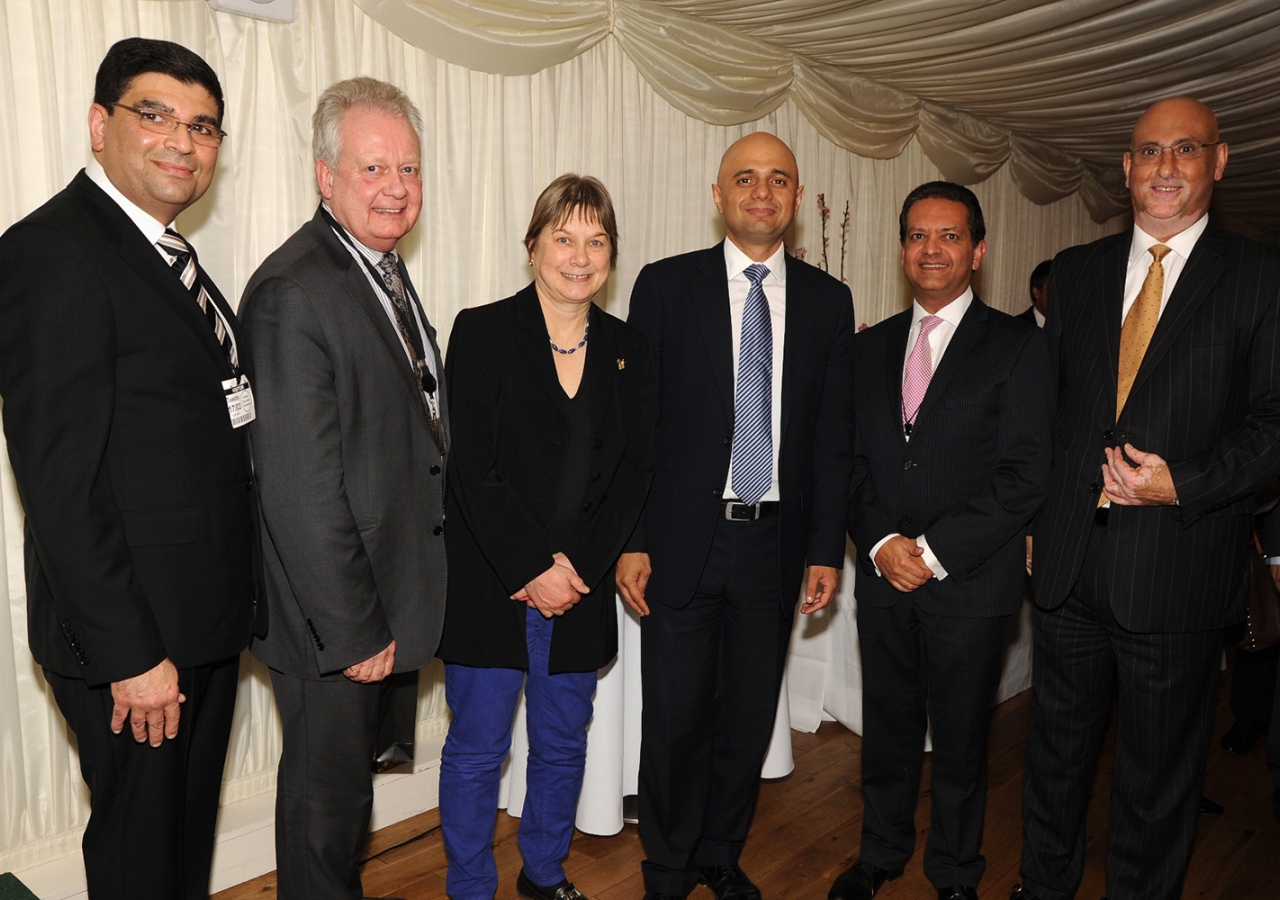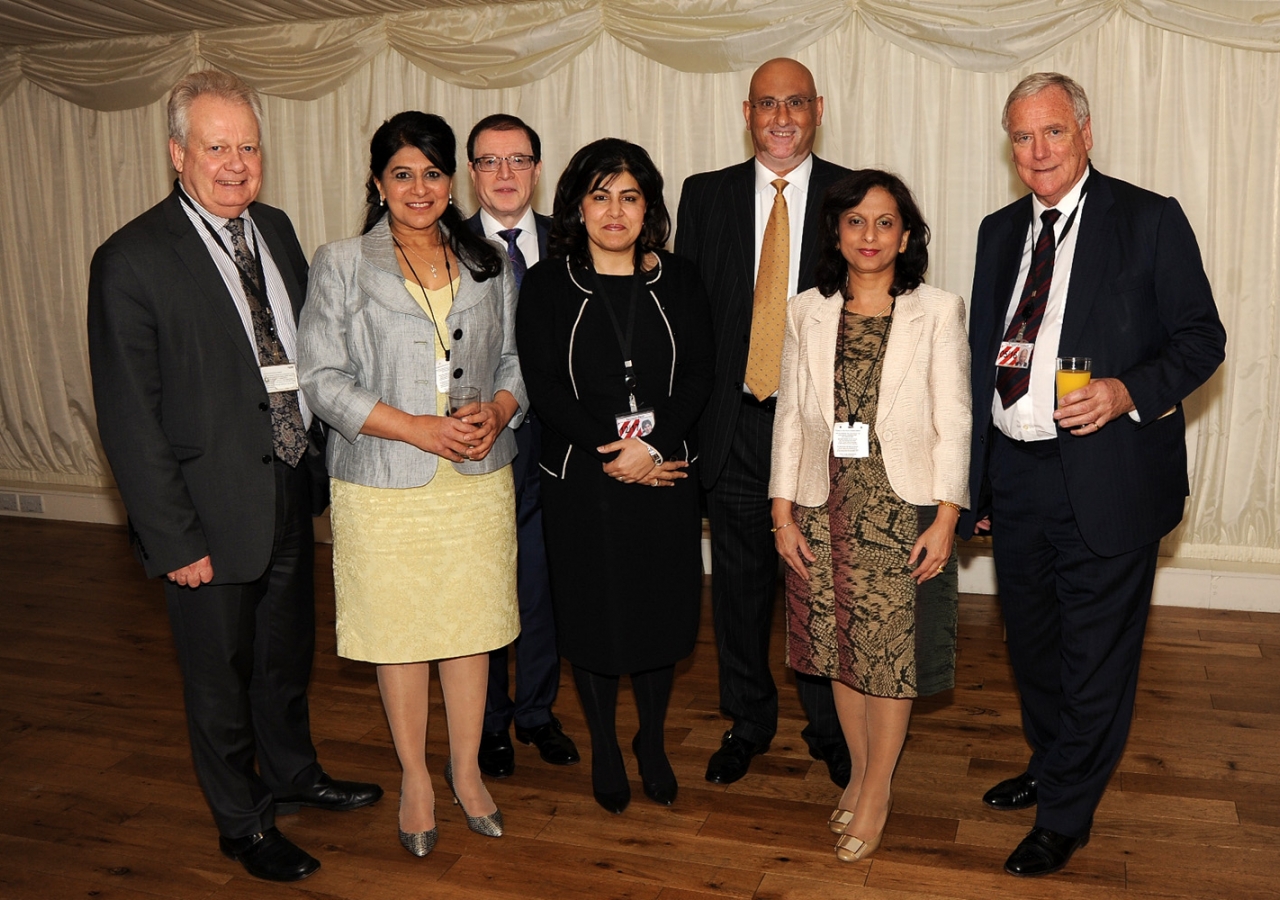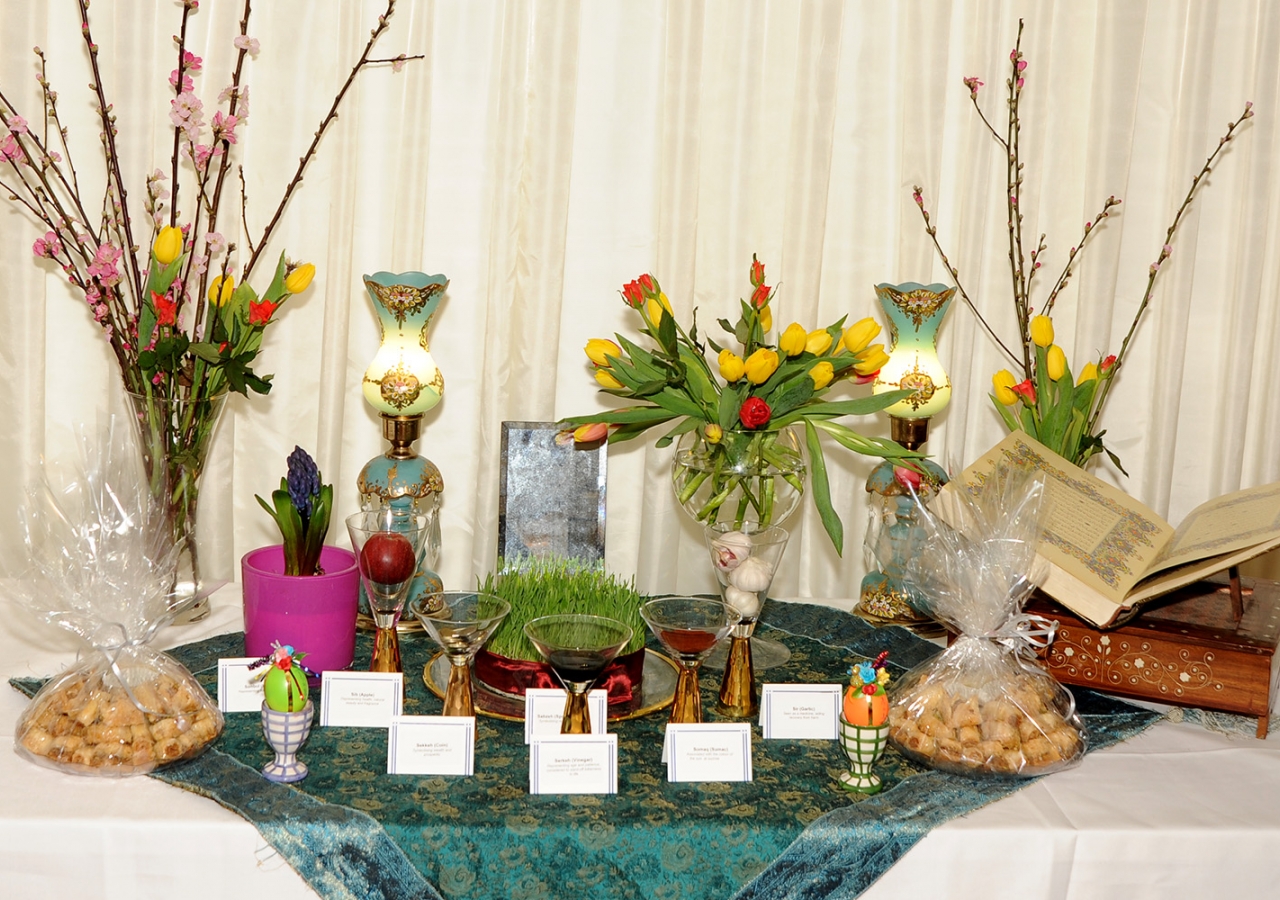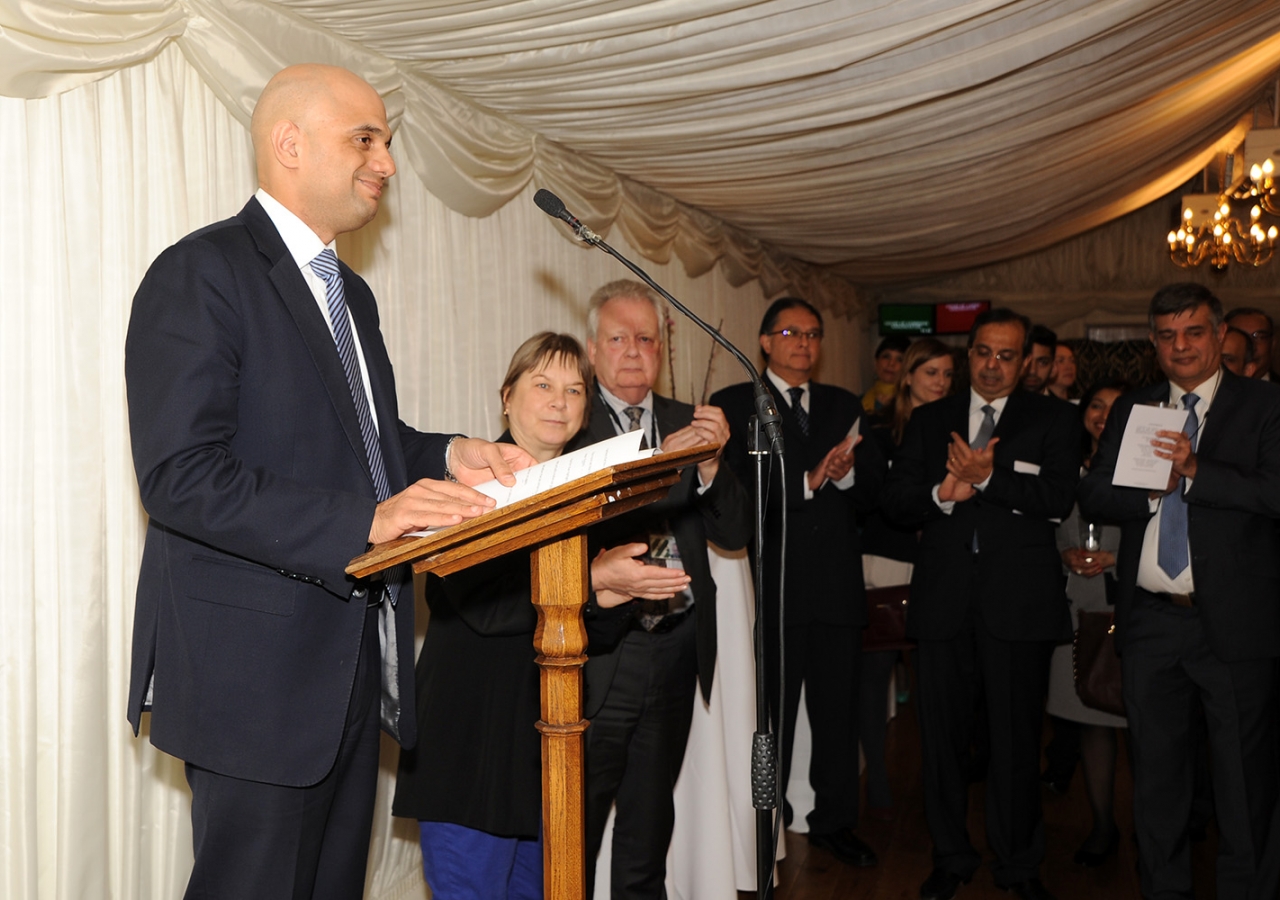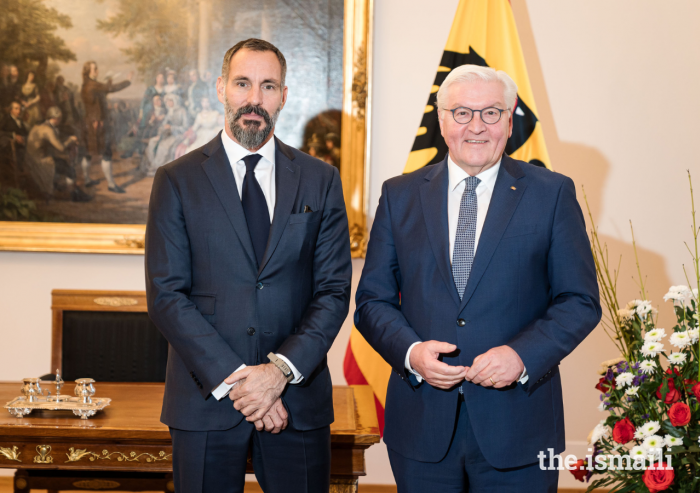Members of the British Parliament invited the Ismaili Muslim community to mark the festival of Navroz at the Houses of Parliament last month. Hosted by Angie Bray MP and Eric Ollerenshaw OBE MP, the fourth annual Navroz reception took place on 17 March in the Terrace Pavilion at the House of Commons.
Navroz with the Ismaili community is “now an annual tradition in Parliament,” said the Rt Hon Sajid Javid MP, Secretary of State for Culture, Media and Sport, who in his keynote address expressed delight at celebrating the occasion.
The theme of this year’s event, “Enabling Cultural Dialogue through Civil Society”, recognised the role of civil society as a building block for democracy and economic development, and as a factor in enhancing social cohesion and pluralism, advancing meritocracy, ethics and exemplary standards of quality.
“We cannot underestimate the importance in civil society working towards peace and development, and are rightly proud of the invaluable contribution toward that goal made by the British Ismaili community under the leadership of His Highness the Aga Khan and the Aga Khan Development Network,” said Secretary of State Javid to the gathering, which included ministers, peers, high commissioners, members of parliament and leaders and members of the Jamat.
The Secretary of State also read a letter written by Prime Minister David Cameron, in which the Prime Minister expressed warm wishes: “I would like to take this opportunity to express my thanks to the Ismaili Community for everything you do for our country – from public service, charitable work, business and education. Your community is a shining example of what is so great about our country.”
Amin Mawji OBE, President of the Ismaili Council for the United Kingdom, thanked the parliamentarians for their kind words and for hosting the Navroz gathering. He used the occasion to convey a sense of predicament that many Muslims in Britain and elsewhere are faced with today.
"I cannot think of a time when it’s been so exhausting to be a Muslim,” said President Mawji. “On the one hand I feel under threat from attacks against Muslims. On the other hand I feel the pressure to answer for the actions of those whose interpretation of Islam I don't recognise.”
“Political correctness,” he worried, “is getting in the way of talking openly about the precepts of Islam; the root causes of these conflicts, and about the diversity of interpretations within Islam."
However, British culture and values permit “a mature discussion about these things,” noted President Mawji. “That is one of the many freedoms that we so value about the society we live in.”
“And yes, it is a society in which Ismailis are full stakeholders.”

